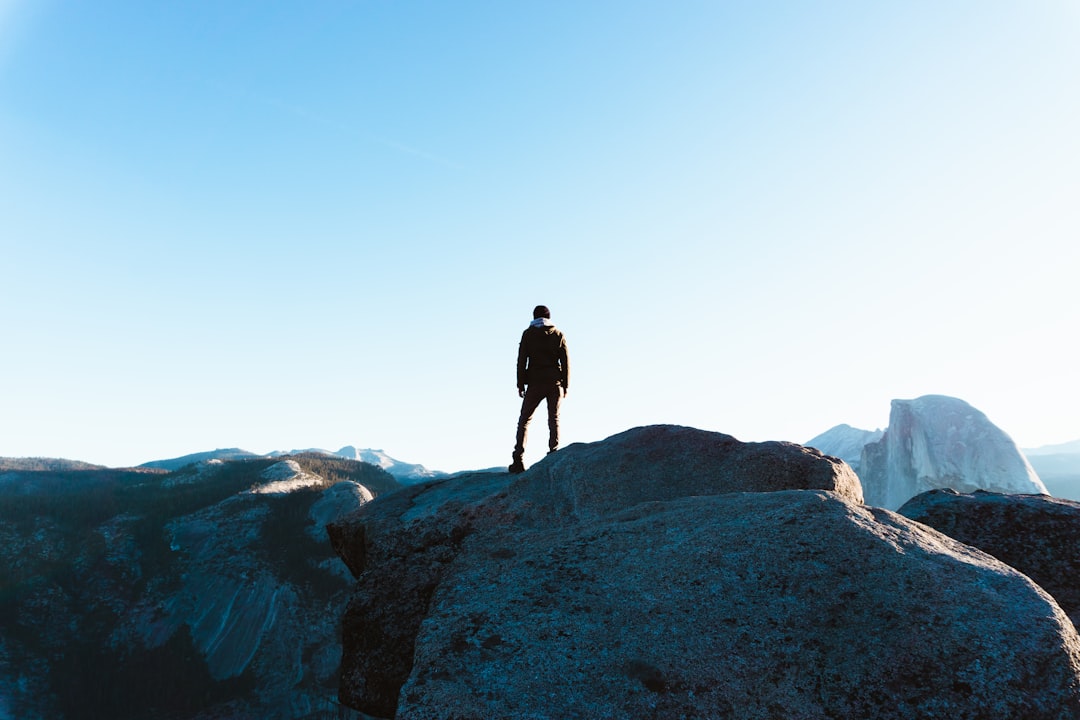In a world that glorifies speed and efficiency, the concept of slow travel offers a refreshing counter-narrative. This approach to exploration isn’t about ticking destinations off a list but rather about immersing oneself in the experience, engaging deeply with the culture, and truly living in the moment.
Imagine wandering through a small village in Tuscany, where time seems to have paused. Instead of racing from one tourist attraction to another, you take the time to chat with a local winemaker, learning about the history and nuances of his craft. You spend the afternoon lounging in a sun-dappled square, sipping espresso and observing the rhythms of everyday life.
Slow travel emphasizes quality over quantity. It encourages travelers to stay longer in one place, fostering a deeper connection with the environment and the people who inhabit it. This method can transform a journey into a series of enriching experiences, each with its own stories and insights.
Financially, slow travel can be more budget-friendly. By settling into a destination, travelers often find accommodation discounts for extended stays, like monthly rentals, which are significantly cheaper than nightly rates. Cooking your meals using local produce not only saves money but also offers an authentic taste of the region’s culinary traditions.
From an environmental perspective, slow travel aligns with sustainable tourism practices. By reducing the frequency of flights and other carbon-intensive transport methods, you contribute to minimizing your carbon footprint. Walking, cycling, or using public transport not only lessens environmental impact but also provides a more intimate view of your surroundings.
Psychologically, the benefits of slow travel are profound. It fosters mindfulness, reducing the anxiety and stress often associated with fast-paced travel itineraries. There’s a unique joy in wandering without a plan, allowing serendipity to guide your journey. Each day becomes a new canvas, painted with experiences that might not have been possible in a rushed itinerary.
Moreover, slow travel often leads to unexpected adventures and friendships. Without the constraints of a packed schedule, there’s time to engage with locals, join in community events, or simply enjoy the beauty of being present. It’s in these unplanned moments that travel becomes truly transformative.
In a society that often equates busyness with productivity, slow travel offers a radical shift in perspective. It invites us to appreciate the art of travel as a journey of self-discovery and connection, rather than just a means to an end. So, next time you plan a trip, consider taking it slow. You might find that less truly is more.

